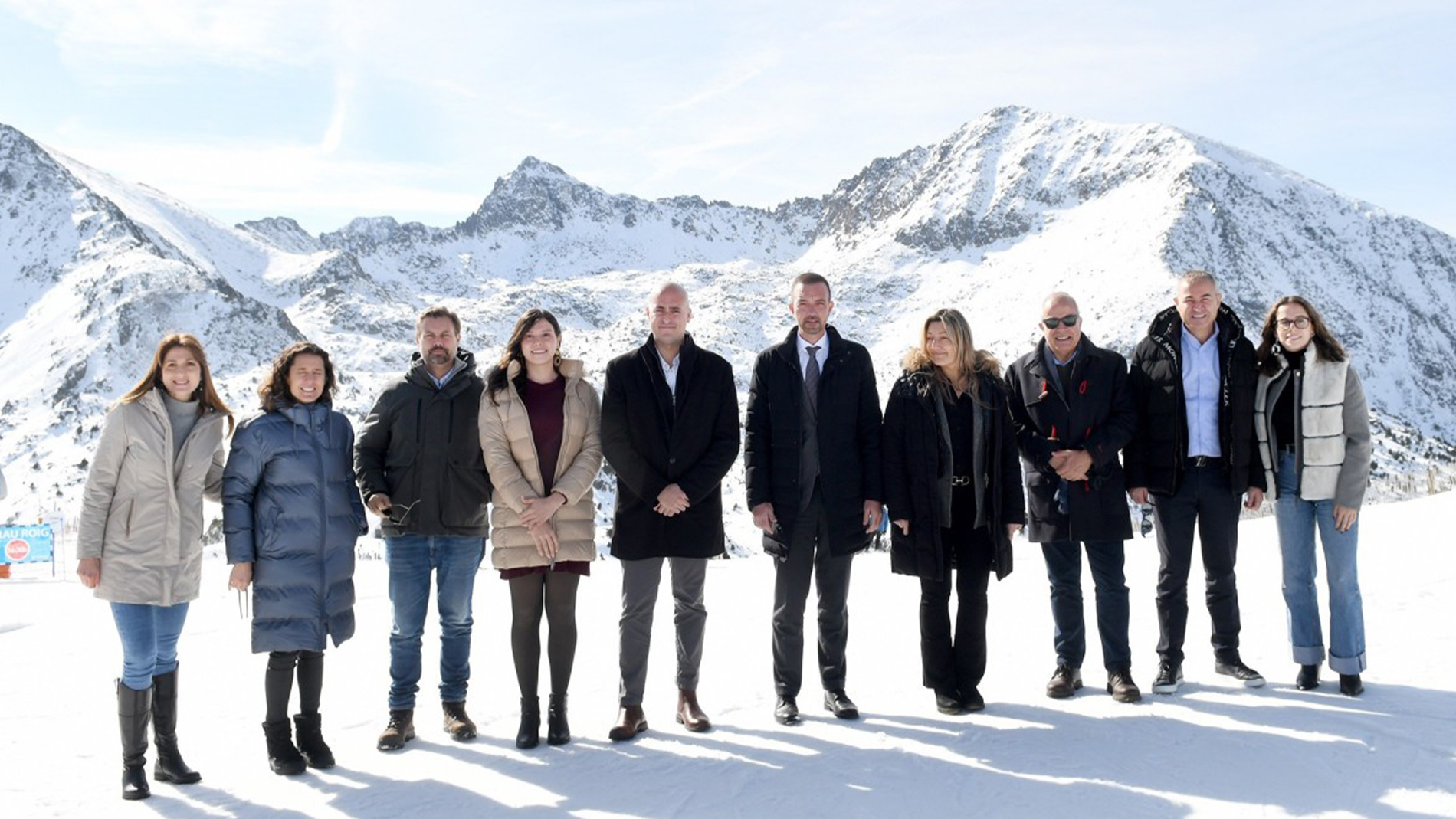April 03, 2025
Value
europe
Language
EN
March 05, 2025
UN Tourism Completes Official Visit to Bulgaria and Welcomes Hristo Stoichkov as New Ambassador
February 17, 2025
Developing a participatory Framework Tourism Law for Andorra
Pagination
- Previous page
- Page 11
- Next page







